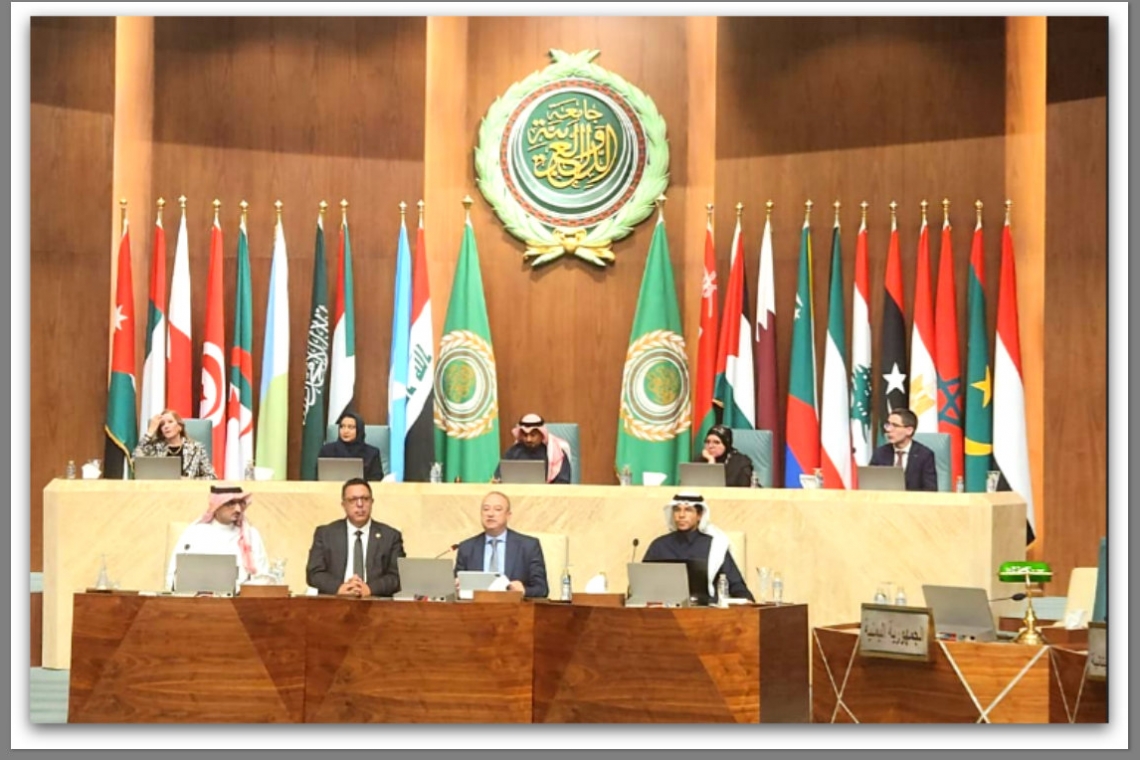The Arab Dialogue Circle on “Artificial Intelligence in the Arab World: Innovative Applications and Ethical Challenges”, organized by the General Secretariat of the Arab League, in collaboration with the Arab Academy for Science, Technology, and Maritime Transport, and Naif Arab University for Security Sciences, kicked off on February 2, 2025, in Cairo, Egypt.
The event was held under the patronage of H.E. Mr. Ahmed Aboul Gheit, Secretary-General of the League of Arab States, who stressed, in his opening remarks, the importance of adopting a strategic approach to developing artificial intelligence (AI) in Arab countries, in order to promote sustainable development and enhance innovation across all sectors.
The Dialogue Circle was designed to provide a platform for experts, policymakers, and stakeholders in the AI industry to discuss ways of harnessing this technology to serve development in the Arab world, with focus on the ethical and legislative challenges associated with its utilization.
Dr. Mohamed Jemni, Director of ICT at ALECSO, participated in the session on “The Future of AI Ethics: Visions and Expectations.” He offered a presentation titled “Large Language Models and Ethics” in which he reviewed global developments in Generative AI and Large Language Models (LLMs), pointing out the intensifying rivalry among countries and major corporations in developing these technologies, and the importance of boosting the Arabic language’s presence in this field.
Dr. Jemni highlighted ALECSO’s key AI-related projects, which aim to support digital transformation in education and enhance the use of smart technologies to develop educational content in the Arabic language. He stressed the importance of establishing an Arab Charter for AI Ethics in order to ensure the responsible use of these technologies, while protecting data, promoting transparency and accountability, and reducing bias in language models. He concluded by underlining the need for further collaboration among governments, universities, and startups to develop AI technologies that respect Arab cultural values and contribute to fostering sustainable development in the region.



